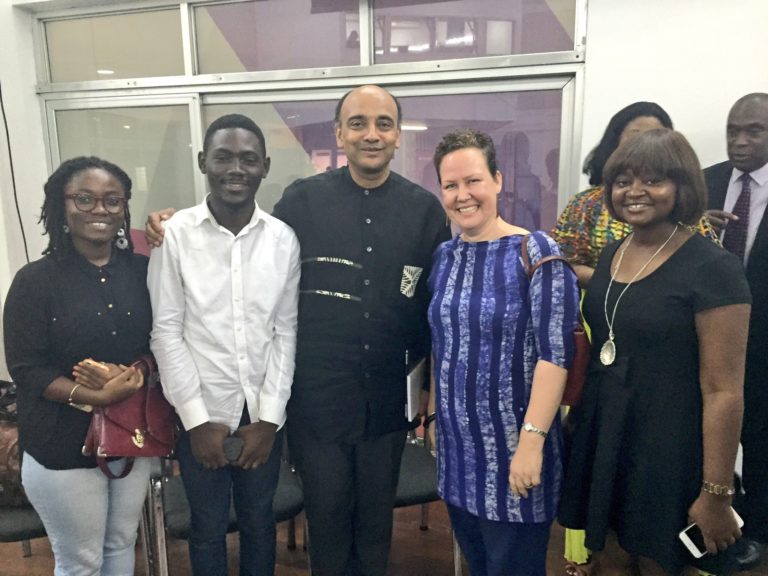I had an excellent election day, divided in three clear sections. It seems the country also had an excellent election day, with a few exceptions discussed below.
1. Family time
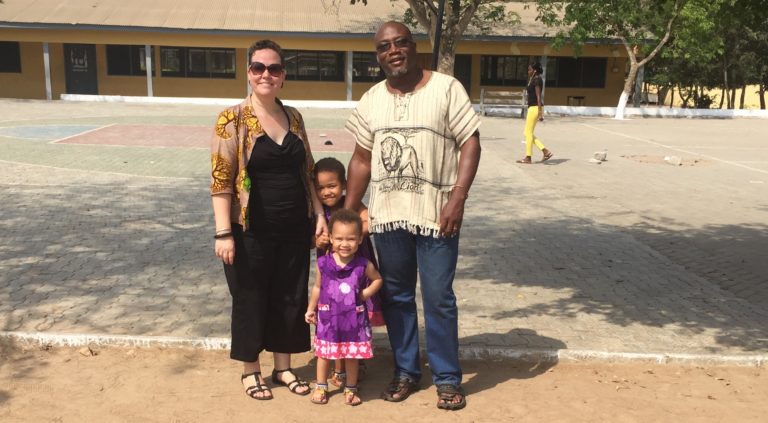 In the morning, my five year old asked:
In the morning, my five year old asked:
– Why am I not going to school today?
I answered:
– Because today is election day.
– What is election? Came the response. A Masters Degree in political science and a PhD in African Studies are not necessarily assets when getting to the basics. I took a deep breath and tried:
– It is when we chose who will decide in the country. We call that person president or prime minister.
– I want to be president! I will decide what to do and then you will decide what we should not do, ok, mama?
Morning proceeded calmly with family time. Our nanny had left the night before to go vote after a short campaign to join her party.
2. Voting
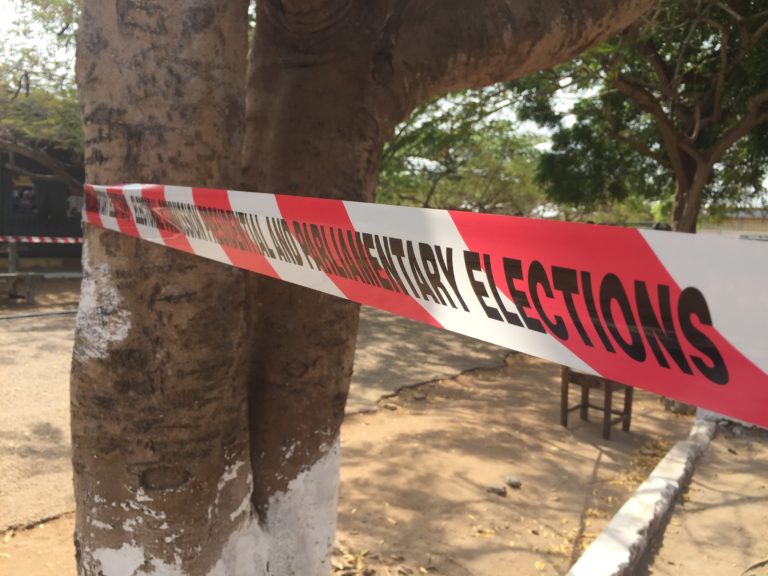
In the afternoon, we went to my husband’s childhood neighbourhood where he is still registered as a voter. There was no queue, voting was swift and easy in the double voting register at the Chemu school in Community 4, Tema.
Of course, I did not vote as I am not a Ghanaian citizen (yet). It was great to see the positive atmosphere and how elections rather brought people together – at least in this community – than created divisions.
3. BloggingGhana in the Situation Room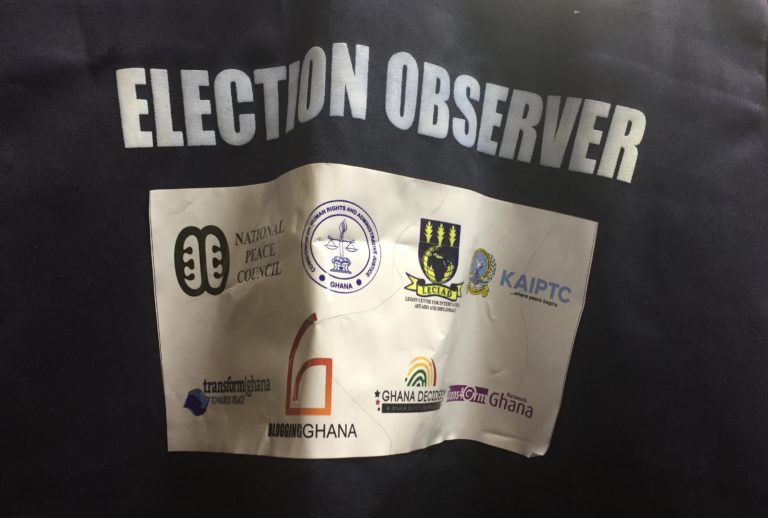
BloggingGhana’s GhanaDecides project was approached about being part of the West Africa Network for Peacebuilding (WANEP) and the National Peace Council’s observer group. The group convened during the whole election day in a situation room of sorts, but as I needed to be part of family time and voting, I only joined in the afternoon.
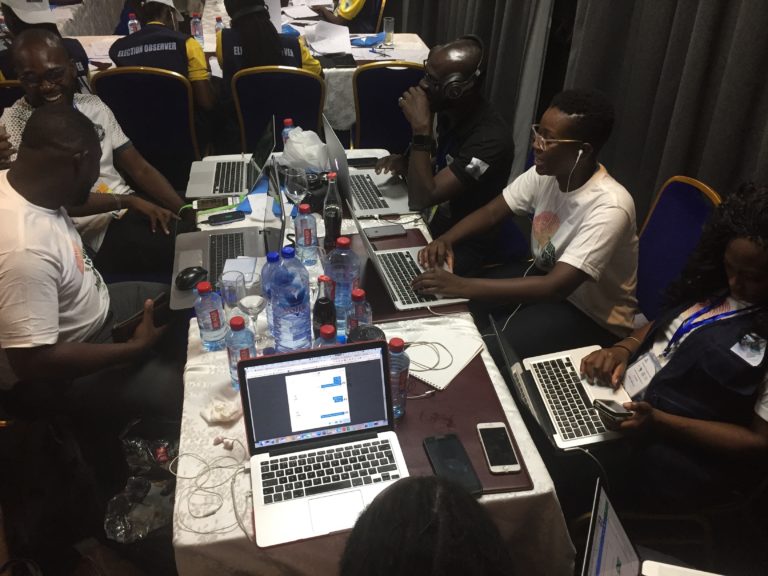
I was introduced to the team of 30 or so “yellow shirt” observers collating reports from all the regions of Ghana, the 10 “green shirt” observers or analysts – where I had to pinch my arm, because that where I belonged! BloggingGhana/GhanaDecides had its own table filled with bottles, chords, and screens (see photo above). After a while the members of the highest level of the observers – the decision room stopped by after a tour including other situation rooms and the electoral commission.
A major convo was around the Jaman North Constituency now voting tomorrow after the failure of party agents to first agree on the electoral roll and then of the electoral commission to get materials out to the 92 polling stations. Jaman North is located between Ivory Coast to the west, the Bui National Park to the north, and the Tain constituency to the east that voted one day late in 2012 for similar reasons. How many voters are registered in Jaman North? I have not seen any official data yet. Will follow up tomorrow!
Another thing we see as the results trickle in is that the turnout seems low – after some 30 000 votes have been counted, the turnout hoovers around 57-58%. In 2012, the turnout was close to 80%. Following this closely too.
At this moment, most observers have returned home and a few of us are wrapping up the day to the sound of provisional MP results trickling in.
See you online tomorrow – until then follow GhanaDecides.com and #GhanaDecides on all social media channels – over night run by our diaspora team!
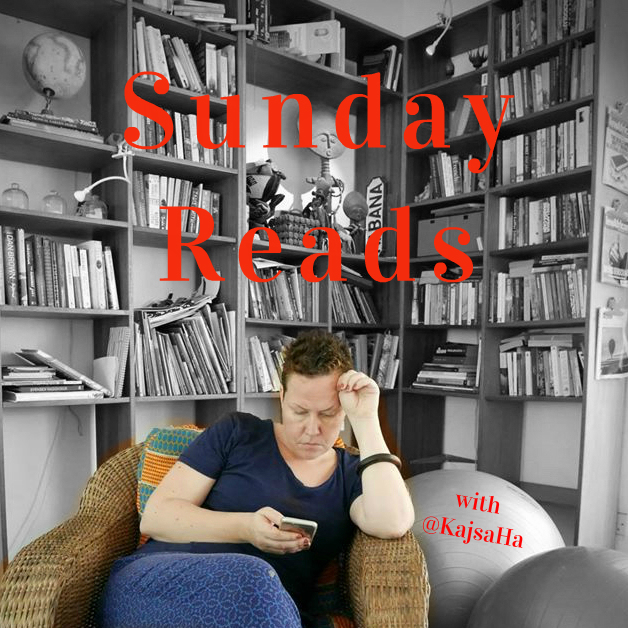 This week I read:
This week I read:
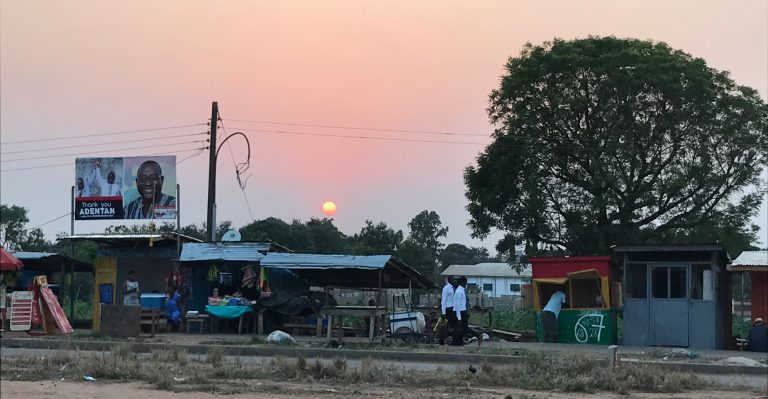 Just before xmas, I was on my way to work and as usual listened to one of my regular Swedish podcasts and heard them discussing if people across the world listened to them. So I wrote a message:
Just before xmas, I was on my way to work and as usual listened to one of my regular Swedish podcasts and heard them discussing if people across the world listened to them. So I wrote a message: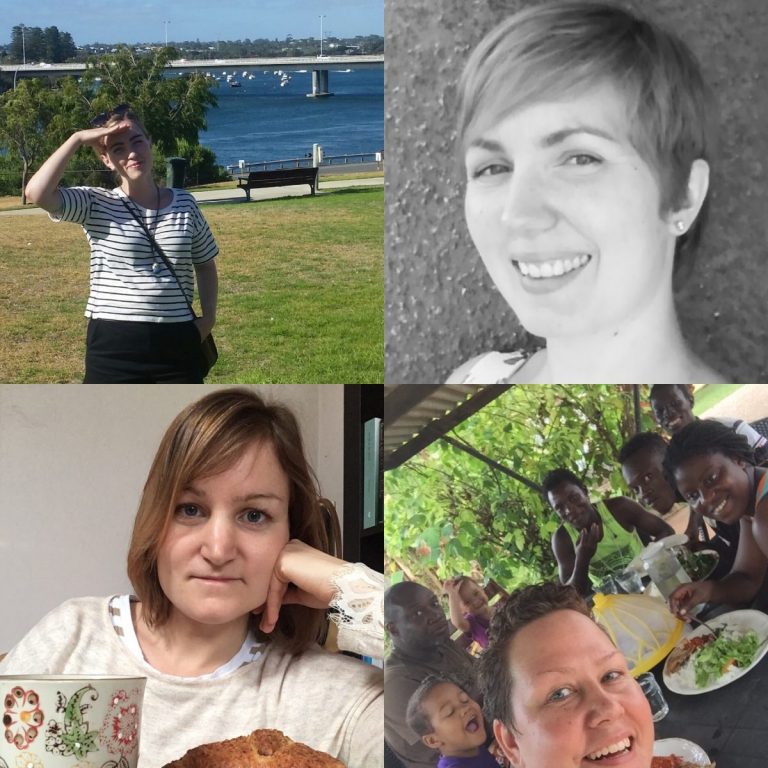 Today, the episode with me and three other listeners Malin, Miriam and Mikaela across the globe (photos above borrowed from
Today, the episode with me and three other listeners Malin, Miriam and Mikaela across the globe (photos above borrowed from 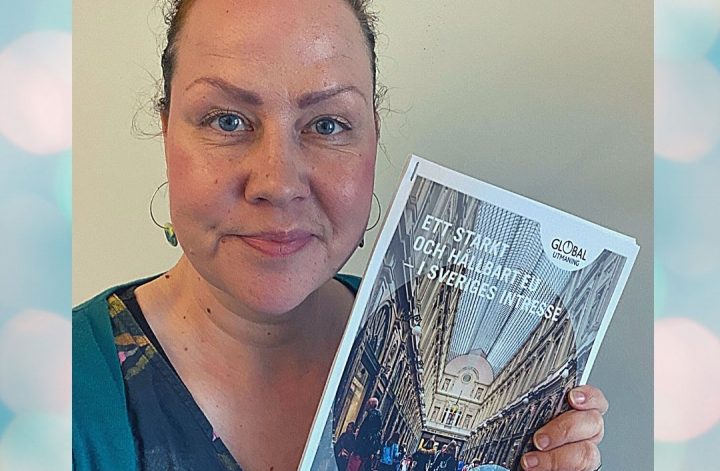
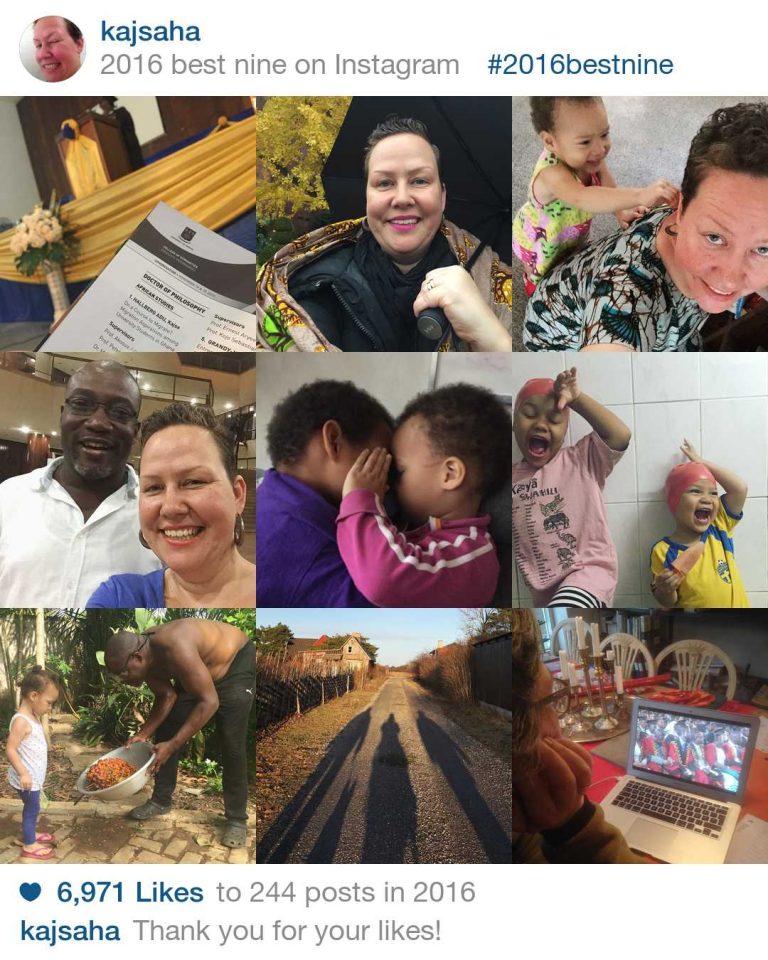
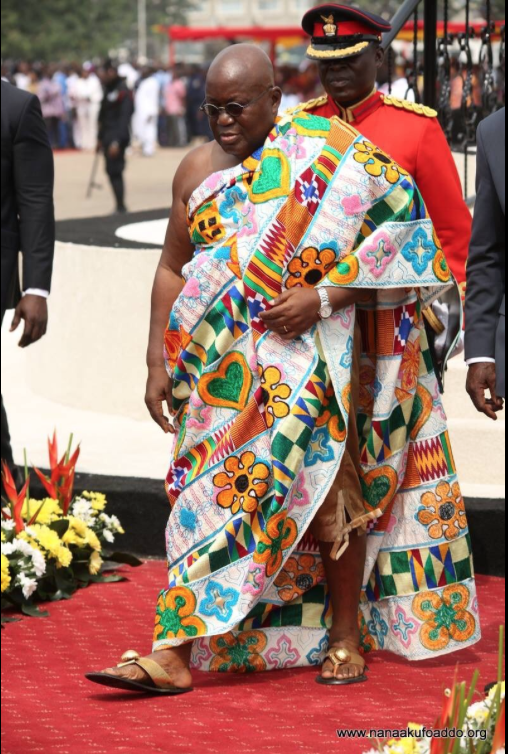

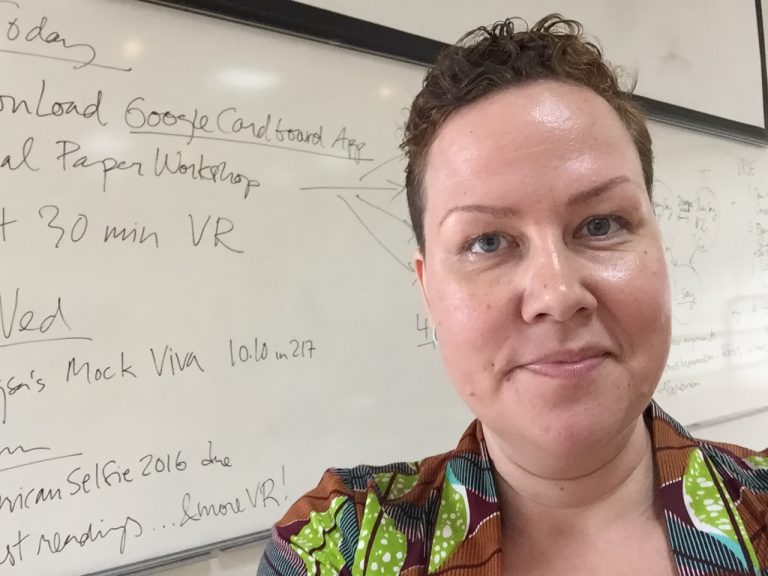 What a year!
What a year! In the morning, my five year old asked:
In the morning, my five year old asked:


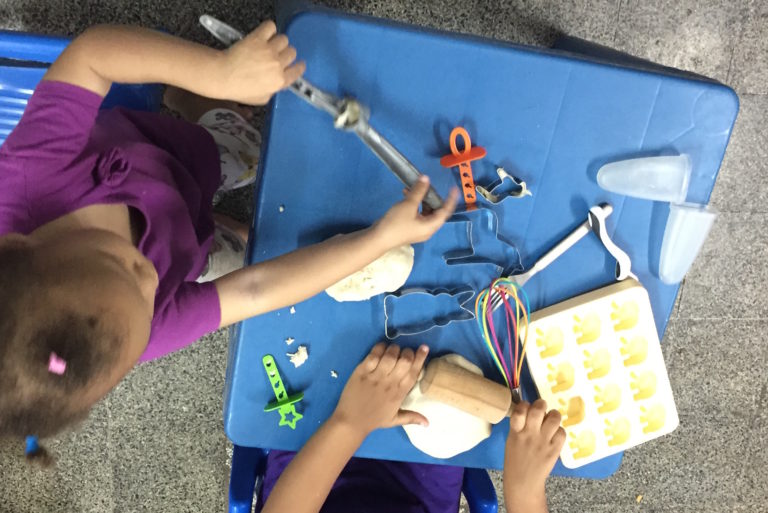
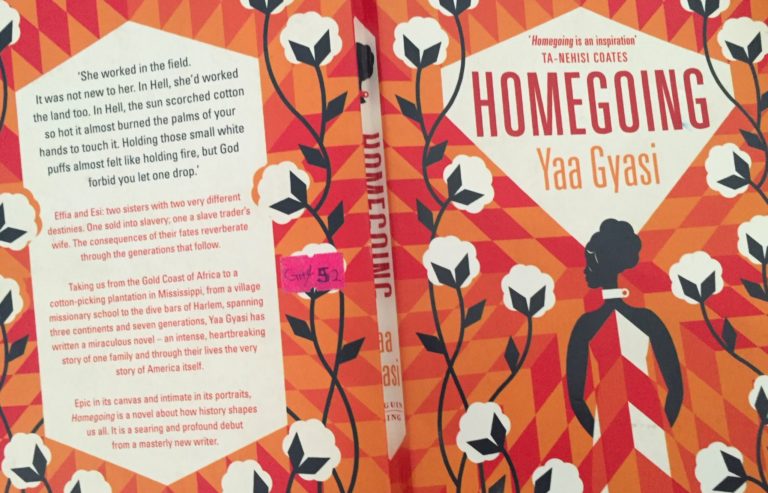 I should have posted this as a
I should have posted this as a 